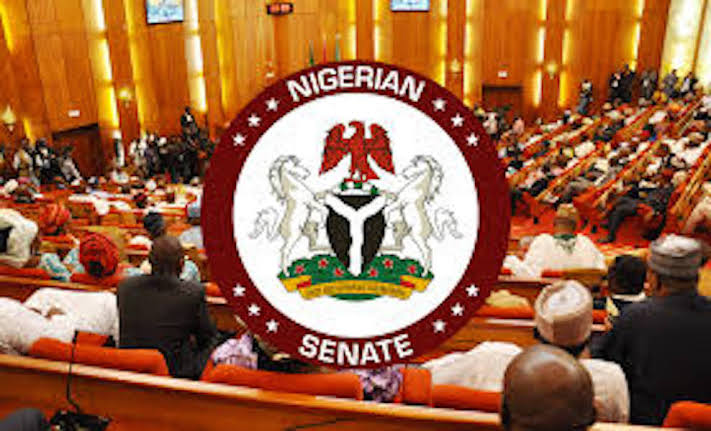Nigerian Senate recently passed a constitutional reform bill that will give state governments legal autonomy to generate, transmit and distribute electricity. The bill is titled, “A Bill For An Act to alter the provision of the Constitution of the Federal Republic of Nigeria, 1999 to allow States generate, transmit and distribute electricity in areas covered by the national grid; and for related matters”.
The new development is expected to end the federal government’s control and solve the issue of the country’s epileptic power supply to over 200 million population.
To close watchers of the Nigerian power sector, it is not a surprise in the early months of the year that there are always massive blackouts that are blamed on low water level at the hydro power stations.
Nothing exposes the nation’s state of unpreparedness than when there is always no contingency plan against such a predictable yearly occurrence.
Currently, most parts of the country are expressing blackouts which show serious weaknesses in the nation’s power sector.
Therefore, the way out of the electricity quagmire is to decentralize electricity generation, transmission and distribution.
Many had long advocated the decentralization of the one grid system and allowing mini grids in the geopolitical zones. But the new bill has taken it further by seeking to empower states to generate, transmit and distribute electricity in their respective areas, which is a game changer if the bill is eventually accepted by the other arm of the national assembly and the Houses of Assembly of states.
When the bill is passed into law, it will enable the states to collaborate with the private sector with a view to lighting up their states. As has been observed several times, a one-grid centralized power supply system cannot grow Nigeria’s power sector.
Electricity is a much-desired commodity that everybody needs. Therefore, enabling states to generate, transmit and distribute it is actually the right way to fast-track taking electricity to the grassroots.
In this way, states with abundant water resources could decide to build small hydro stations, those with adequate sunshine could go for solar, those with enough wind could delve into wind energy while those with gas could also do gas turbine stations.
One of the key problems of the power sector that has hindered its growth is centralization that has seen Nigeria generating so little.
That explains why at over 60 years of our independence, the nation is still talking about peak generation of five thousand megawatts and a transmission system that is very weak.
The wise choice to make is the option of decentralization where the constituent units will be free to also partner with the private sector.
This development will fast-track the vision of the Anambra State governor, Prof Chukwuma Soludo, for Anambra as smart mega city state.
WRITTEN BY TONY OKAFOR





Comments are closed for this post.